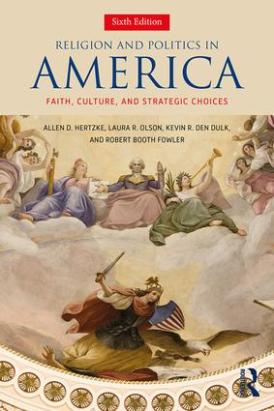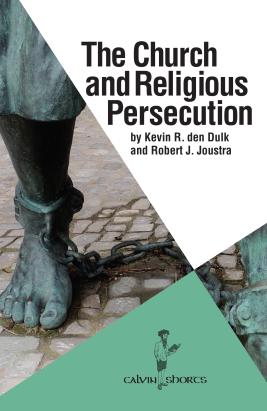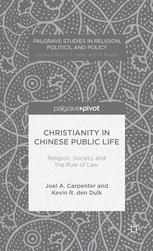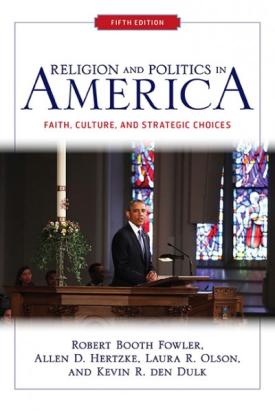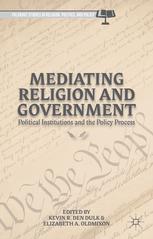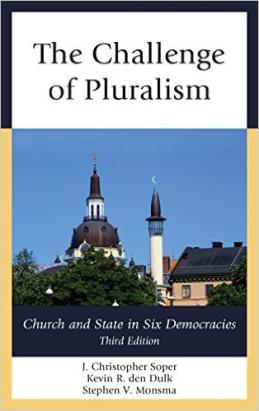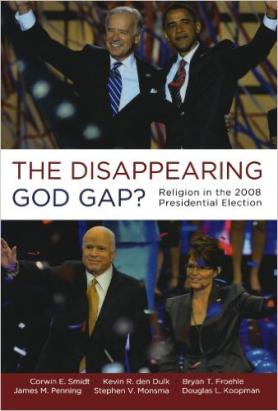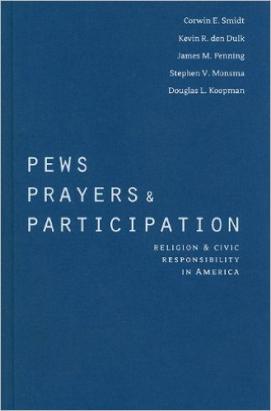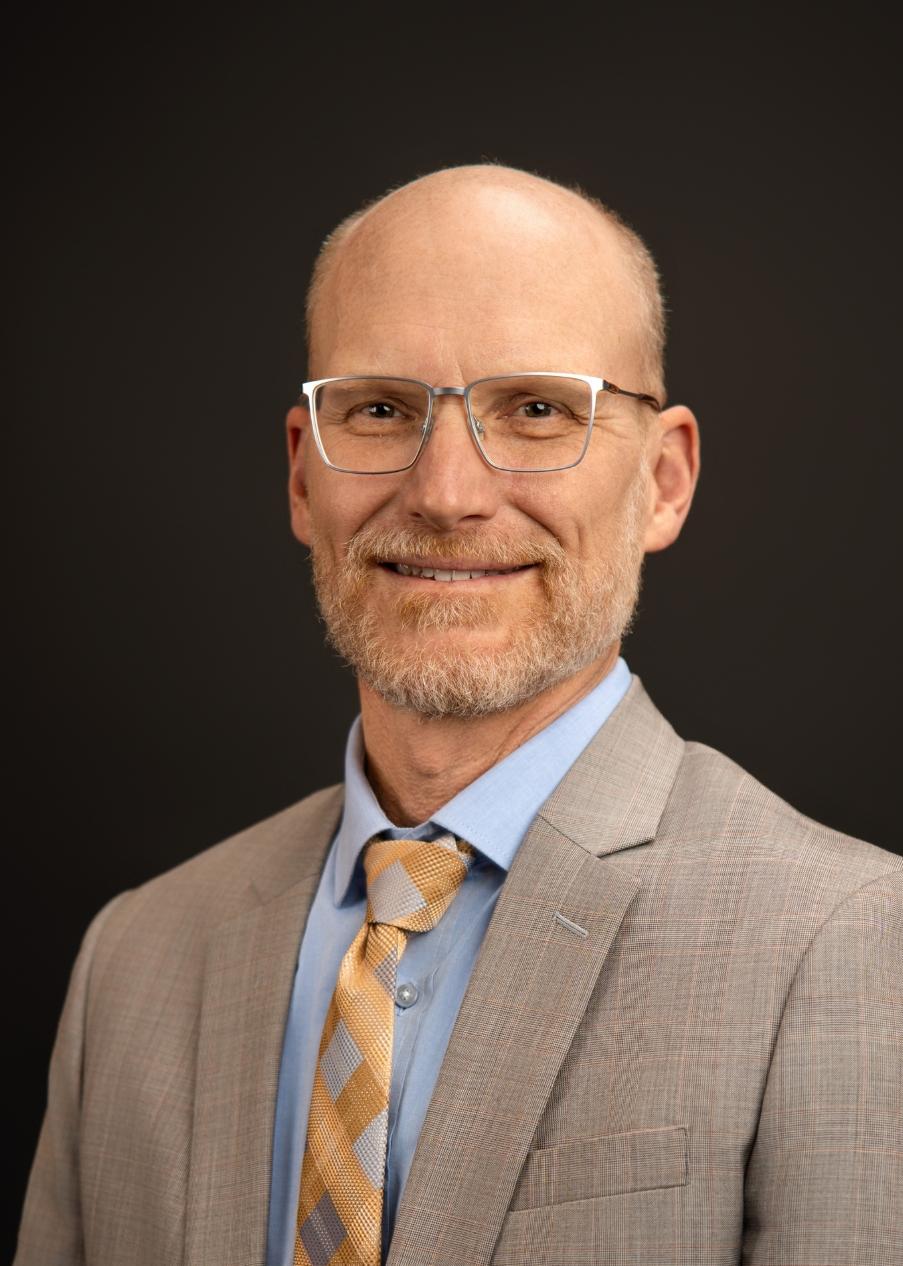Dr. Kevin R. den Dulk
Biography
Dr. Kevin den Dulk serves as Associate Provost at Calvin University, where he leads efforts to engage adult learners in graduate education, undergraduate degree-completion, and professional studies. Under his leadership, Calvin has rapidly grown graduate programming and enrollment as well as developed a robust platform for non-credit opportunities in workforce development. Den Dulk has also collaborated across the university and with many community partners to strengthen and launch programs for adult undergraduate learning, including the Calvin Prison Initiative, Wayfinder, and new bachelor’s degrees in leadership and human services. He has also been a key member of the teams that established the Schools of Health and Business.
An award-winning teacher, Dr. den Dulk served until 2020 as the Paul B. Henry Chair and Executive Director of Calvin’s Henry Institute. His scholarly work focuses on how educational and religious institutions within civil society foster democratic citizenship. He has co-authored or co-edited several books, including The Challenge of Pluralism: Church and State in Six Democracies, Religion and Politics in America, The Church and Religious Persecution, and Pews, Prayers, and Participation.
Education
A native Californian, Kevin den Dulk earned his bachelor of arts degree in philosophy at Calvin College in 1992. After a brief stint in a corporate law firm, he completed his M.A. in political science at the University of Georgia (1995) and his Ph.D. at the University of Wisconsin at Madison (2001). In 2001, he took a position in the Department of Political Science at Grand Valley State University, and later added a joint appointment as Honors Faculty-in-Residence. He returned to Calvin as the Spoelhof Teacher-Scholar-in-Residence during the 2011-2012 academic year. From 2012-2019, he served as the Executive Director of the Henry Institute for the Study of Christianity and Politics and held the Paul B. Henry Chair in Political Science. In 2020, he began his current role at Calvin University, serving as Associate Provost.
Academic Interests
Religion and politics cross-nationally; religious freedom; American politics and policy; public law and courts; political theory







